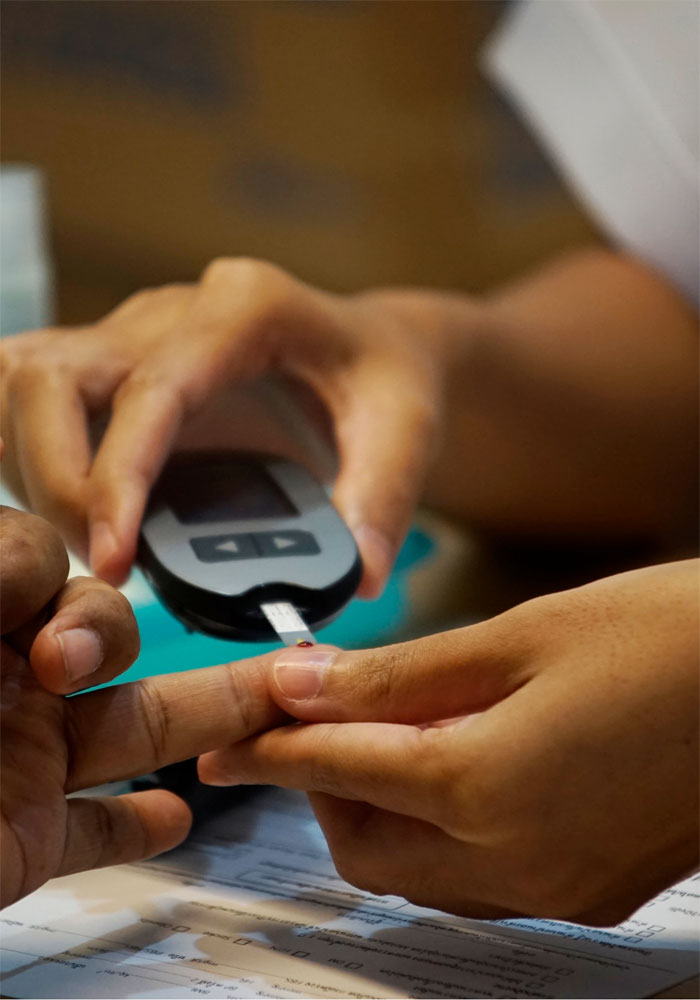DIABETES MELLITUS

DIABETES MELLITUS AND HEART
Diabetes mellitus is a complex, chronic disease that results in body’s inability to properly regulate blood glucose levels, the serum concentration of which increases. The medical specialty that deals with the diagnosis and treatment of diabetes is endocrinology.
However, the existence and treatment of diabetes is of particular concern to cardiologists since this disease is strongly related to cardiovascular disease. Patients suffering from diabetes are two to four times more likely to develop coronary artery disease and up to eight times more likely to develop heart failure. The risk of carotid and other peripheral vascular disease is also higher. Vascular disease is generally more aggressive in patients with diabetes compared to general population. Finally, diabetes (especially insulin-dependent) is associated with an increased risk of arrhythmias – during periods of hypoglycemia.
Of note, diabetes mellitus and hypertension often coexist, forming a vicious circle that is also related to coronary artery disease. These entities are associated with common pathophysiological pathways and result in a macroscopic disease that needs comprehensive treatment (holistic approach).. In clinical practice, the coexistence of diabetes raises the estimated 10-year risk of cardiovascular events, resulting in the need for more aggressive interventions to treat hypertension or dyslipidemia. In addition, we need to be aware patients with diabetes may have atypical manifestations when it comes to acute events, it is of interest they may even suffer from an acute myocardial infarction without feeling pain at all.
Recent developments in the treatment of diabetes have revealed a new drug class, the glucose-sodium transporters inhibitors (SGLT-2is) that appear to have an additional positive effect on heart disease. They are currently the treatment of choice for patients with heart failure and diabetes. Ongoing clinical trials evaluate the potential beneficial effect of these drugs in patients who do not suffer from diabetes.
